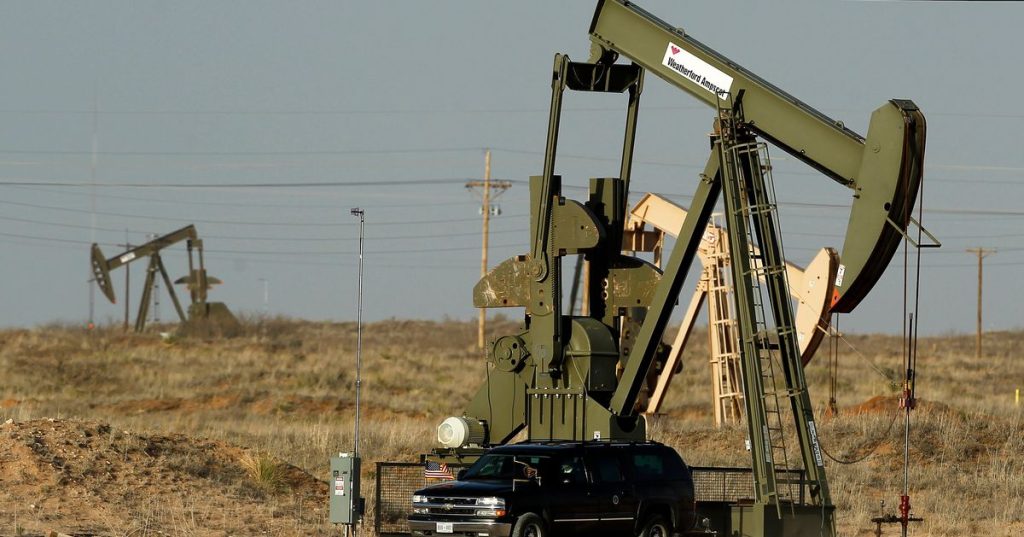President Joe Biden’s administration recently finalized a new rule aimed at modernizing the federal oil and gas leasing program. The Interior Department rule increases the amount that companies must pay to lease and drill on federal lands, as well as gives federal land managers greater authority to protect sensitive wildlife habitats and cultural sites. Interior Secretary Deb Haaland praised the reforms, stating that they would help safeguard public lands and nearby communities for future generations. The rule includes raising royalties from 12.5% to 16.67% for oil and gas extraction, as well as increasing the minimum bid for leasing federal parcels from $2 to $10 per acre. These changes were mandated in the Inflation Reduction Act.
Critics of the previous federal oil and gas leasing program have long argued that the system failed to secure fair returns for the American taxpayers, leading to billions of dollars in lost revenue and substantial reclamation liabilities. The finalized rule also aims to hold companies accountable for cleanup costs in the event of bankruptcy by increasing minimum lease bonds from $10,000 to $150,000. The Biden administration stated that the $10,000 minimum was no longer adequate and left taxpayers at risk for cleanup costs. While some industry groups, such as the Western Energy Alliance, have expressed concerns about the impact of these changes on small producers, environmental groups largely welcomed the reforms, stating that they would rein in the excesses of oil and gas corporations and set the stage for greater climate action on public lands.
Environmental groups, such as the Sierra Club, praised the final rule for addressing long-standing issues of oil and gas companies exploiting public lands for drilling and leaving taxpayers to clean up the resulting mess. The reforms were described as setting the stage for public lands to be part of the climate solution rather than exacerbating the crisis. However, Republicans, including former President Donald Trump, have accused the Biden administration of being at “war” with fossil fuels, despite the fact that U.S. production of crude oil and exports of natural gas have increased during Biden’s tenure. Sen. John Barrasso, a recipient of significant oil and gas industry campaign contributions, criticized Biden for making it economically difficult to produce energy on federal lands, warning of job losses and increased dependence on foreign oil-producing countries.
The Biden administration’s efforts to reform the federal oil and gas leasing program have been met with both praise and criticism. Supporters of the rule believe that it will result in fairer returns for taxpayers, protect sensitive habitats and cultural sites, and set the stage for greater climate action on public lands. Critics, on the other hand, argue that the changes could harm small producers and lead to job losses in the oil and gas industry. Despite these differing viewpoints, the administration sees the reforms as necessary steps to modernize an outdated system that has not adequately protected public lands or ensured proper financial returns for taxpayers. The finalization of this rule is part of a larger effort by the Biden administration to address climate change and transition towards a more sustainable energy future.


